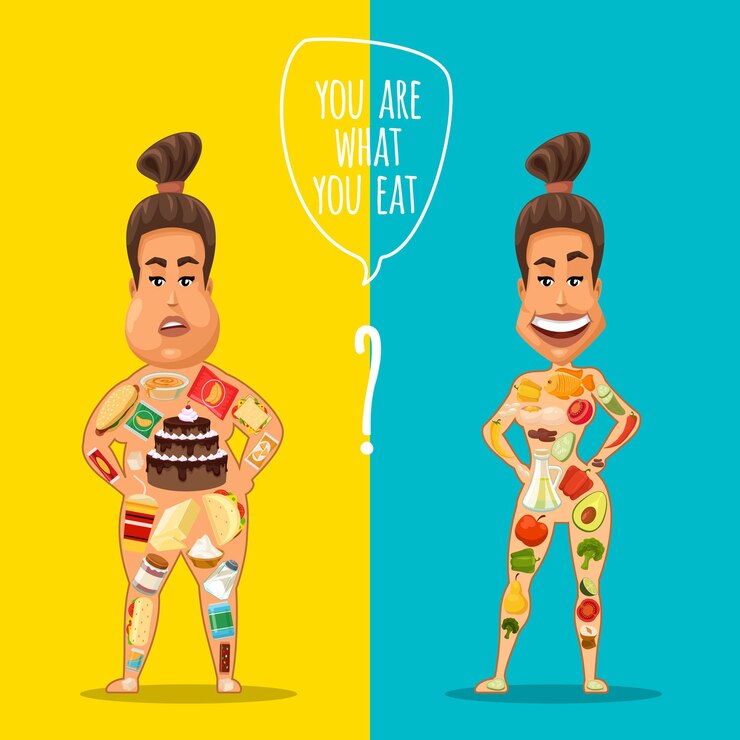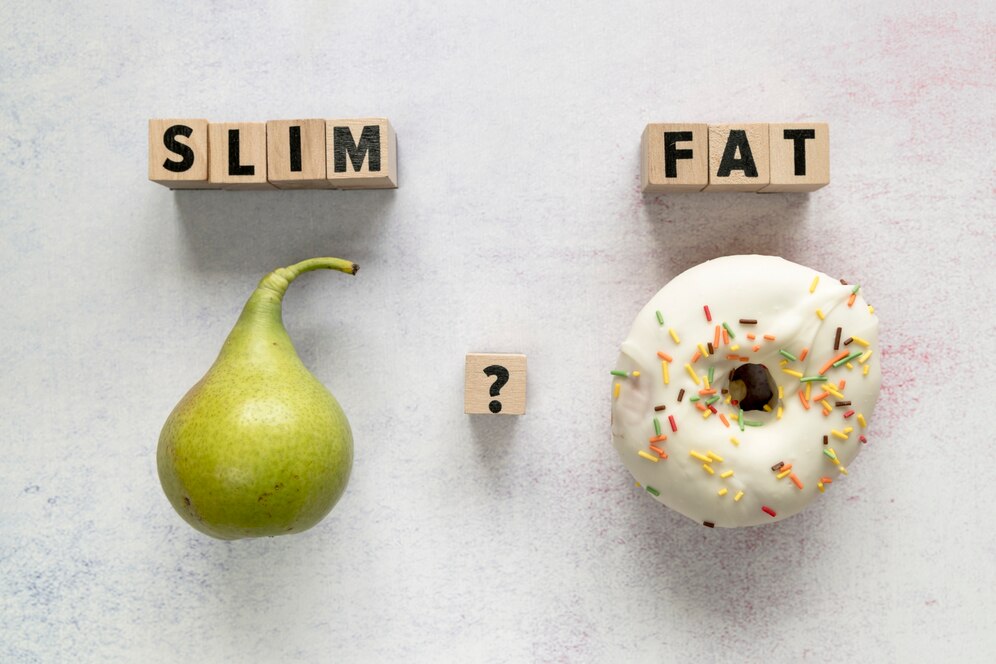Mindful Eating vs. Calorie Counting: Which Is Better for Fat Loss?
When it comes to fat loss, there are two popular schools of thought: mindful eating and calorie counting. While both have their pros and cons, which one is more effective in sustainable weight management? Let’s look by whether each might be most suitable for you.

What Is Calorie Counting?
Calorie counting is a structured method in which individuals monitor daily food intake to ensure they consume fewer calories than they burn. This method relies on:
– Measuring portion sizes
-Reading nutrition labels
-Using apps like MyFitnessPal to log meals Calorie Counting’s Advantages
1. Precision: It yields clear data on energy intake so creating a calorie deficit that promotes fat reduction
2. Flexibility: No foods are off limits as long as one stays within daily caloric limits
3. Accountability: Tracking makes people aware of their eating habits Calorie Counting’s Disadvantages
1. Time-Consuming
–Logically, anyone who logs every meal will soon be exhausted and find it impossible to maintain this practice over the long-term.
2. May Encourage Obsessive Behavior
–Some individuals become fixated on numbers to a dangerous extent and embark on severely restrictive eating.
3. Ignores Hunger Cues
–Depersonalizes people from their own natural signals through relying entirely upon numerical data.
 The Complete Book of Food Counts, 9th Edition: The Book That Counts It All by Corinne T. Netzer (Author)
The Complete Book of Food Counts, 9th Edition: The Book That Counts It All by Corinne T. Netzer (Author)
Publisher : Dell; 9th ed. edition (December 27, 2011)
Mass Market Paperback : 912 pages
ISBN-10 : 0440245613
Dimensions : 4.15 x 1.38 x 6.91 inches
Customer Reviews: 3,800 ratings
What Is Mindful Eating?
Mindful eating is an instinctive approach that emphasizes awareness of hunger, fullness, and emotional triggers for eating.
Key principles include: – Eating slowly and savoring each bite-Recognizing physical hunger versus emotional cravings-Stop when comfortably full Mindful Eating’s Advantages
1. Sustainable & Stress-Free: Without stringent rules or tracking, it is easier to maintain.
2. Improves Relationship with Food: Instead of external diets demanding obedience, mindful eating encourages one to listen to their body.
3. Prevents Overeating: By promoting awareness of satiety makes it easier to prevent binge eating
Mindful Eating’s Disadvantages
1. Results are Less Immediate: without monitoring, fat loss may be slower.
2. Requires Practice: It takes time to relearn one’s natural hunger signals- especially among chronic dieters
3. Not Always Accurate: People may underestimate portion sizes without tracking
Which Is Better for Fat Loss?
That depends upon lifestyle and individual preference:
-Calorie counting for those who like a structured, data-driven and quick fix.

-Mindful eating makes better sense to those wishing for a flexible long-term approach without any tracking Best of Both Worlds? A hybrid approach might be perfect:
-Use calorie counting from the start to learn portion sizes and energy needs.
– Change over to mindful eating gradually for maintenance and a healthy relationship with food Conclusion Both methods can bring you fat loss, yet mindful eating leads to long-term sustainability while calorie counting offers short-term precision. The best choice is determined by what aligns strongest with your habits, mindset, and goals.


